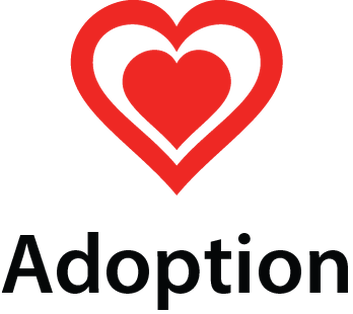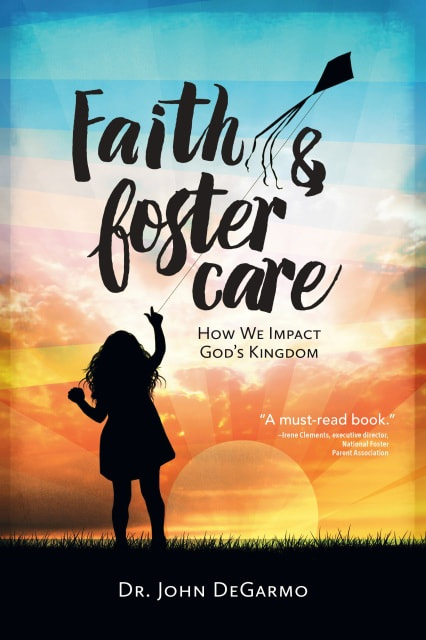
When a child is placed into foster care, the initial goal is to have the child reunified with his birth parents, or a member of his biological family. To be sure, the initial intent of placing a child into care is that the placement be a temporary, with reunification the main objective. Yet, there are those instances when reunification is not possible, and the child is placed through the court system for adoption.
Of the over 415,000 children placed in foster care in 2014, it is estimated that 108,000 of these foster children became eligible for adoption. Sadly, only around 51,000 of these children were adopted during that year, with over half of these children being adopted by foster parents, with the rest being adopted by family members, and a small percentage being adopted by non relatives.
There are several reasons why a foster child might be placed up for adoption. First, the custody rights of the birth parents are voluntarily terminated; secondly, the custody rights of the birth parents are terminated by a court order; and third, the child is up for adoption due to the death of birth parents.
As foster parents, there are many reasons why we are the ideal choice to adopt a foster child. Many times when a child from foster care has his rights terminated, he has already been living in a loving and stable home with his foster family. When we care for foster children, we raise them as our own for an extended amount of time, meeting his needs, and nurturing him since he was removed from his birth parent’s home. Perhaps you are a foster family that cares for children with special needs. If so, you are the ones most familiar with these needs, and have gained valuable insight and resources how to best meet them and care for your foster child. Often times, we have formed strong, loving, and important attachments with our foster children while they are placed in our home. If you are like me, our foster children sometimes become a member of our family, and when they are be able to legally stay with us, there is a time of rejoicing. I must admit to you, though, that sometimes the adoption process can end in grief. My wife and I have also suffered from two failed adoptions; two adoptions from the foster care system that did not work out, leaving my entire family confused, and in grief. We are not alone in this, as so many families have suffered from this, as well.
Join the thousands who receive Dr. DeGarmo’s FREE foster care newsletter. Simply fill out the form below.
Just because a foster child finds a forever family when he is adopted does not mean that it will be smooth sailing afterwards, or that there will not be difficulties or challenges ahead. Help your former foster child and now permanent member of your family by working with him to understand why the adoption took place, and why he has a new family. Yet, the internal process for all involved can be a challenging one, especially for your child. They may have a difficult time accepting the fact that they will never return to live with their biological parents or birth family members again. It is necessary for you, as an adoptive parent, to allow your child time to grieve the loss of connection with his birth family. He may very well need time to experience the stages of grief before he fully transfer attachment from his birth family to yours.
Even though he may have lived in your home for some time as a foster child, he will likely re-experience feelings of loss during the adoption process. Allow him to discuss his feelings of grief and loss with you as you listen attentively to him, validating his feelings and emotions. If he should ask any questions about his biological parents or birth family, it is important that you answer them as honestly as you can. At the same time, help him to transfer attachment from his birth family to yours by ensuring that he is included in all aspects of your family, and when possible, incorporate parts of his previous family’s traditions into your own, as it helps him to feel more comfortable. After all, his birth family gave him his appearance and gender, his intelligence, his temperament, talents, and of course, his life. These, of course, will never change.
The adoption of three children from foster care has led to so many adventures, challenges, joys, and experiences for my family. Just because we signed some paper work, making the children legally ours, does not mean that the new discoveries and challenges fade away. On the contrary, we are learning new things about these children on an almost daily basis. Perhaps the greatest discovery my family and I are learning is that the amount of love one can hold in a heart never seems to end. My family has not only grown in size from these adoptions, they have grown in love, as well. Surely, my cup runneth over. Surely, I am blessed.
-Dr. John
Want to know more about Adoption through Foster Care?
Order your signed copy of Dr. DeGarmo’s Faith and Foster Care: How We Impact God's Kingdom. This is the book that is changing the face of foster care across the nation.



 RSS Feed
RSS Feed